Biodesign Institute
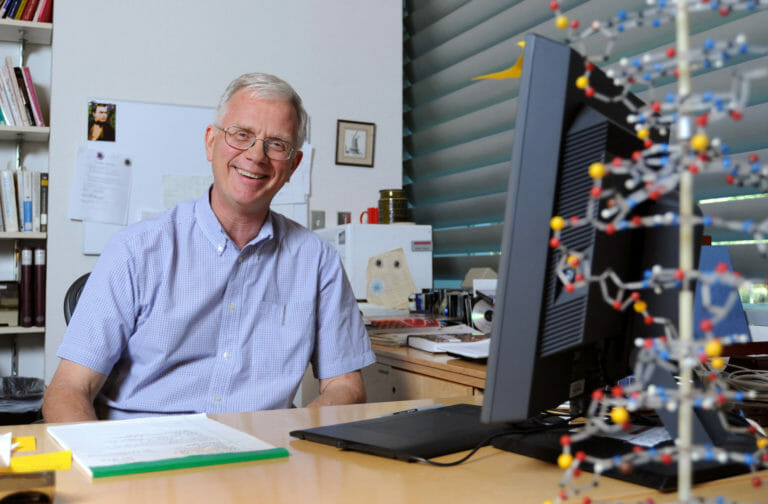
New research in protein sequencing poised to transform medicine
While DNA provides the genetic recipe book for biological form and function, it is the job of the body’s proteins to carry out the complex commands dictated by DNA’s genetic
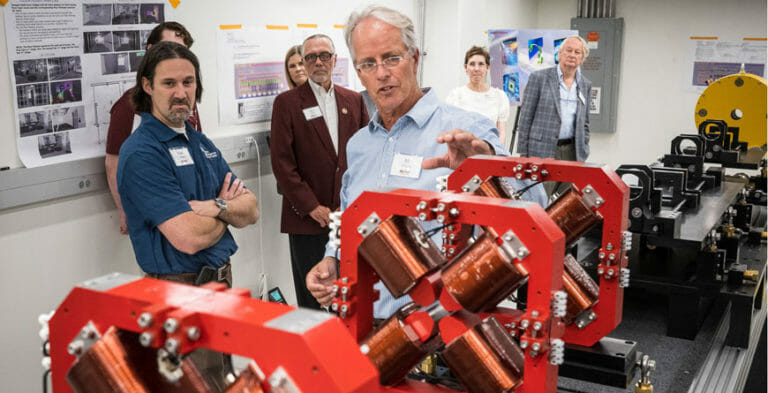
First electrons generated for revolutionary new tool in biological discovery
A milestone for ASU’s compact X-ray free electron laser program A team of scientists at Arizona State University’s Biodesign Institute has successfully achieved a milestone five years in the making
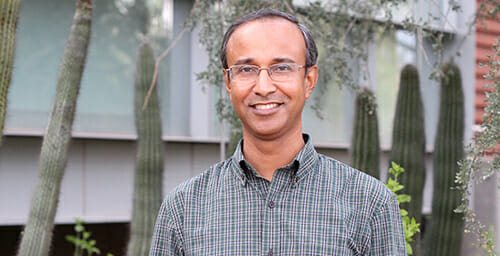
Improving a virus’ cancer-killing potency
In recent years, an unusual new domain in cancer research has opened up. The idea is to use infectious pathogens to attack and kill cancerous cells. So-called oncolytic viruses, in particular, have shown great promise for targeting cancer cells, while leaving normal, healthy cells intact.
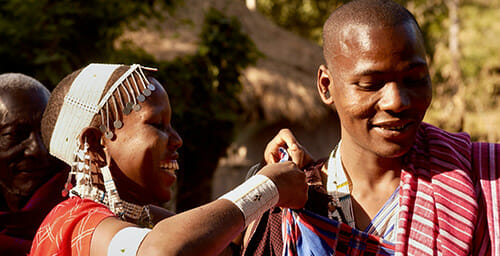
Helping each other to avoid and recover from disaster
What can we learn from developing societies around the world about mitigating risk and sharing resources during a disaster? When disasters happen, we often have to rely on others to
COVID-19: A one-year review
As COVID-19 threatened the lives, livelihoods and mental well-being of people worldwide, Arizona State University met the unprecedented challenges with speed, agility and, most of all, teamwork. As part of
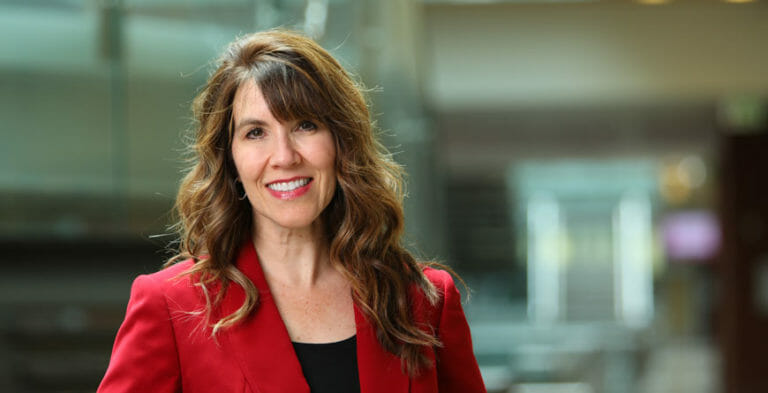
Chief of Staff Robinson named one of the most admired leaders in Phoenix
When COVID-19 testing was desperately needed in Arizona, Biodesign Institute Chief of Staff Kerri Robinson sprang to action. Her leadership made it possible for ASU to offer partner testing sites,
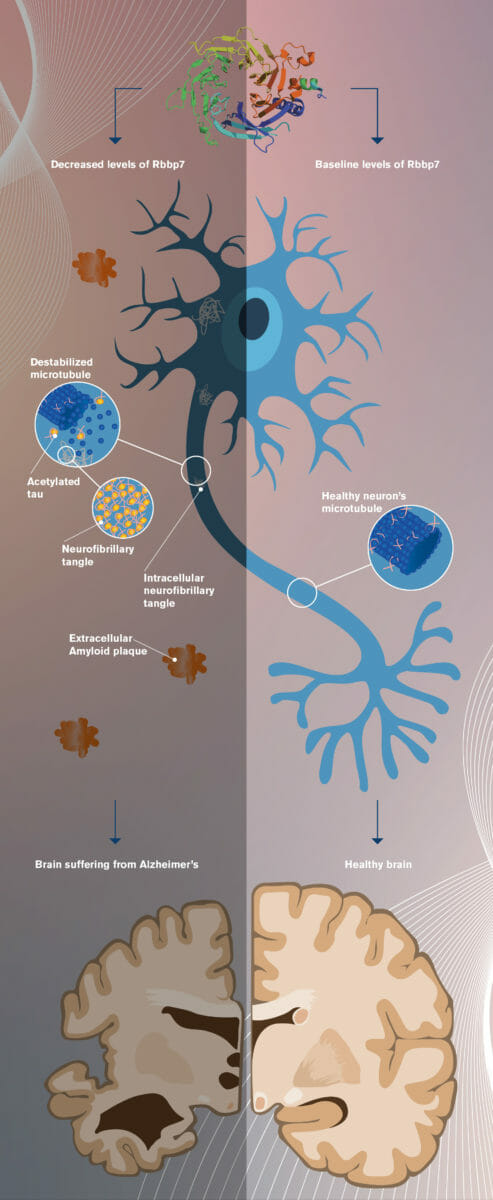
Untangling the brain: New research offers hope for Alzheimer’s disease
Since the discovery of Alzheimer’s disease over a century ago, two hallmarks of the devastating illness have taken center stage. The first, known as amyloid plaques, are dense accumulations of
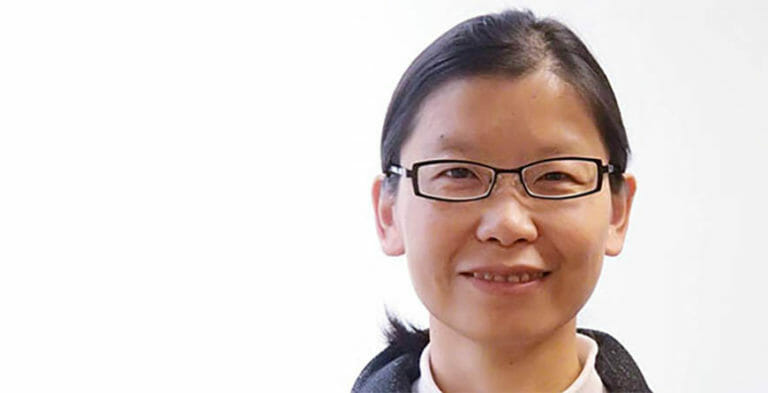
International collaboration to explore cellular mechanics of coral bleaching
Coral bleaching is a global ecological crisis caused by the massive loss of the symbiont dinoflagellate symbiodinium from its coral hosts.
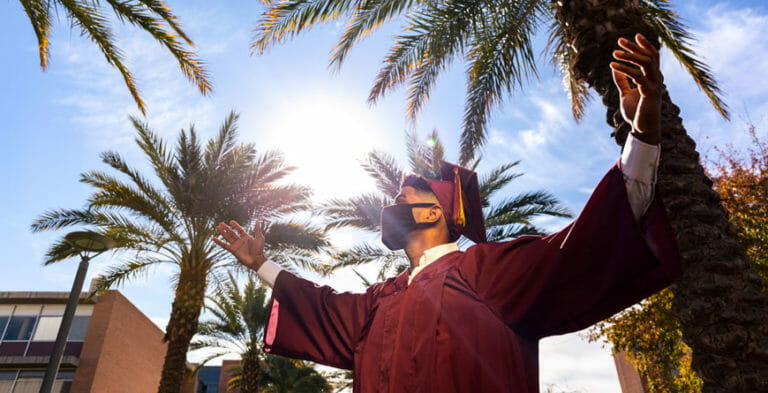
Graduates fueled by Biodesign research experiences credit opportunity and mentor trust
Typically, scientific laboratories hum at the Biodesign Institute at Arizona State University from the energy that students bring. In fact, the institute regularly engages hundreds of undergraduate and graduate researchers to perform
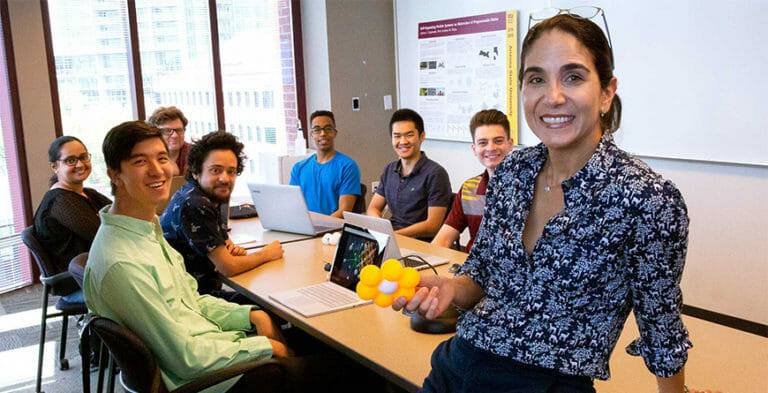
Greater than the sum of its parts
ASU engineers develop new ways to 'program' self-organizing systems Some things seem to happen without direction. Fish form schools to deter predators and ants form rafts to survive floods. These emergent group behaviors have long been the focus of research in biological science, but they are inspiring new work in computing and robotics. Members of the Biodesign Center Biocomputing, Security and Engineering Andréa Richa, a professor of computer science in the Ira A. Fulton Schools of
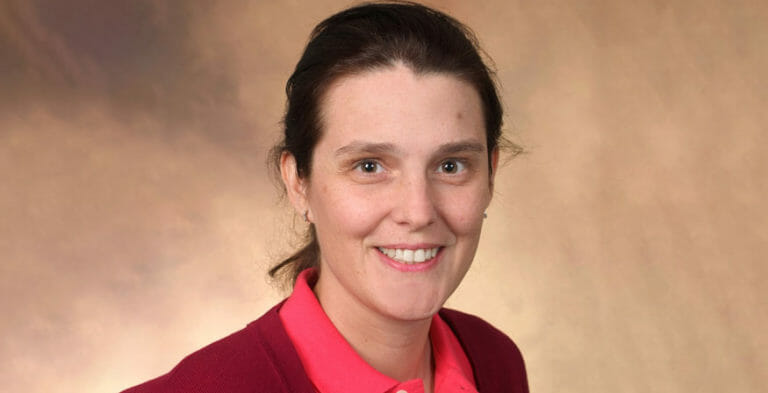
The Palumbo Charitable Trust awards Erica Forzani $50,000
The Palumbo Charitable Trust awarded Erica Forzani $50,000 to pursue “A novel contactless system to monitor energy balance and physical fitness under free-living conditions.” The grant will aid Forzani’s research of obesity and underweight problems that cause health struggles for so many individuals. Forzani, an associate professor in Biodesign’s Center for Bioelectronics and Biosensors, and her team will focus on analyzing the effect of exercise and physical fitness on resting and
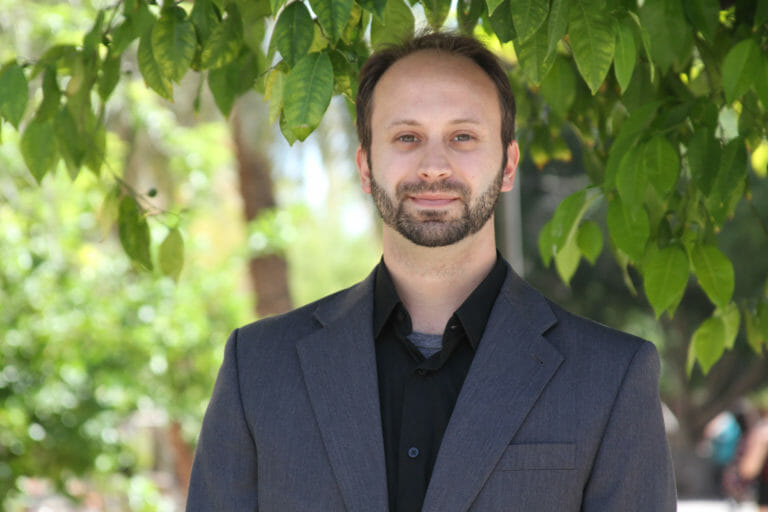
Study paves the way for new photosensitive materials
Photocatalysts are useful materials, with myriad environmental and energy applications, including air purification, water treatment, self-cleaning surfaces, pollution-fighting paints and coatings, hydrogen production and CO2 conversion to sustainable fuels. An efficient